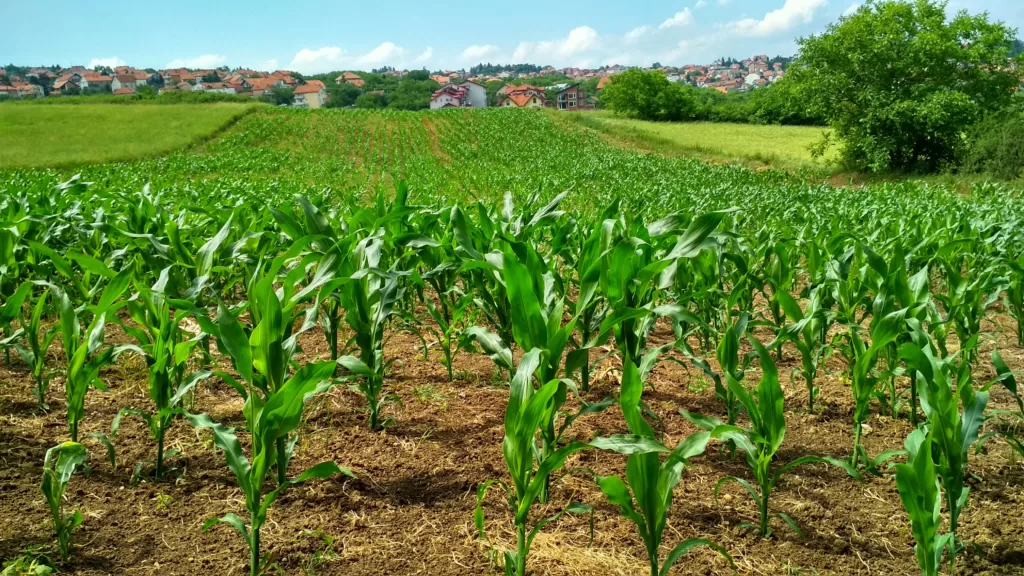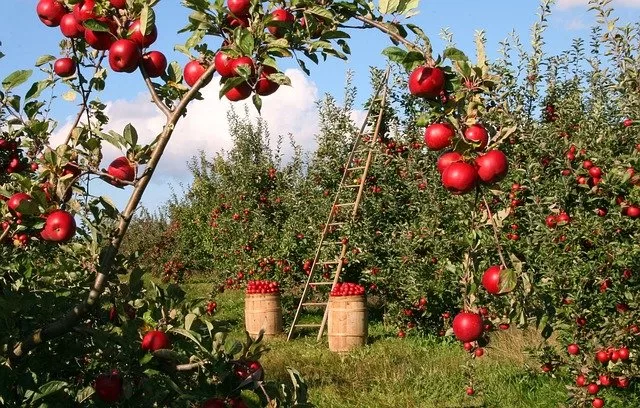Farmers face a variety of challenges and problems on a daily basis, some of which can have a significant impact on their ability to run their operations effectively and sustainably. Here are five common problems faced by farmers:
- Financial risks: Farming can be a financially risky occupation because it is vulnerable to factors such as natural disasters, market fluctuations, and disease outbreaks, which can all affect the profitability of a farm.
- Limited access to credit: Many farmers, especially those in developing countries, face challenges in accessing credit and financing, which can make it difficult for them to invest in their operations and expand their businesses.
- Climate change: Farmers are often impacted by changes in temperature, rainfall patterns, and other aspects of the local climate, which can affect the productivity of their crops and animals.
- Pests and diseases: Farmers must deal with a range of pests and diseases that can damage or destroy their crops and animals, which can have a significant impact on their income.
- Limited access to markets: Farmers in some areas may have limited access to markets where they can sell their products, which can make it difficult for them to generate income.
What are 3 major challenges facing farmers?
There are many challenges facing farmers today, and the specific challenges will depend on a variety of factors including the location of the farm, the type of agriculture being practiced, and the local economic and political environment. Here are three major challenges that are commonly faced by farmers:
- Climate change: Farmers are increasingly facing the impacts of climate change, including changes in temperature, rainfall patterns, and extreme weather events, which can affect the productivity of their crops and animals.
- Pests and diseases: Farmers must deal with a range of pests and diseases that can damage or destroy their crops and animals, which can have a significant impact on their income.
- Limited access to markets: Farmers in some areas may have limited access to markets where they can sell their products, which can make it difficult for them to generate income. This can be especially challenging for small-scale farmers who may not have the resources to transport their products to distant markets.
Why do small farms fail?
There are many reasons why small farms may fail. Some common reasons include:
- Lack of capital: Small farms often have limited financial resources, which can make it difficult to invest in the equipment and infrastructure needed to sustain and grow the business.
- Poor management: Small farms may struggle if they are not well-managed, for example, if there are issues with planning, decision-making, or financial management.
- Lack of scale: Small farms may have difficulty competing with larger farms that can produce crops or animals more efficiently due to their size and resources.
- Market competition: Small farms may struggle to compete in local or regional markets that are dominated by larger, more established farms.
- Natural disasters: Small farms can be vulnerable to natural disasters such as droughts, floods, and storms, which can ruin crops and livestock and disrupt operations.
- Limited access to resources: Small farms may have limited access to resources such as credit, land, and technical assistance, which can make it difficult to succeed.
- Lack of diversification: Small farms that rely on a single crop or product may be at risk if market conditions change or if there is a disease outbreak. Diversifying the farm’s operations can help to reduce this risk.
Are farmers struggling financially?
Farmers may struggle financially for a variety of reasons. Some common challenges that farmers face include:
- Low commodity prices: Farmers may struggle to make a profit if the prices they receive for their crops or livestock are low.
- High input costs: Farmers often have high expenses for things like seed, fertilizers, fuel, and equipment, which can cut into their profits.
- Natural disasters: Farmers can be impacted financially by natural disasters such as droughts, floods, and storms, which can ruin crops and livestock and disrupt operations.
- Limited access to credit: Farmers may have difficulty obtaining loans or other forms of credit to invest in their operations or to cover expenses during lean times.
- Market competition: Farmers may face competition from other farmers, as well as from imports, which can drive down prices and make it difficult to make a profit.
- Government policies: Changes in government policies and regulations can also impact a farmer’s financial situation.
That being said, not all farmers are struggling financially. Many farmers are able to successfully run profitable businesses, especially if they are able to effectively manage their costs and find ways to add value to their products.
Why is farming not profitable?
Farming can be a challenging and often unpredictable business, and there are many factors that can impact a farmer’s profitability. Some common reasons why farming may not be profitable include:
- Low commodity prices: Farmers may struggle to make a profit if the prices they receive for their crops or livestock are low.
- High input costs: Farmers often have high expenses for things like seed, fertilizers, fuel, and equipment, which can cut into their profits.
- Natural disasters: Farmers can be impacted financially by natural disasters such as droughts, floods, and storms, which can ruin crops and livestock and disrupt operations.
- Limited access to credit: Farmers may have difficulty obtaining loans or other forms of credit to invest in their operations or to cover expenses during lean times.
- Market competition: Farmers may face competition from other farmers, as well as from imports, which can drive down prices and make it difficult to make a profit.
- Government policies: Changes in government policies and regulations can also impact a farmer’s financial situation.
That being said, not all farming operations are unprofitable. Many farmers are able to successfully run profitable businesses, especially if they are able to effectively manage their costs and find ways to add value to their products.






